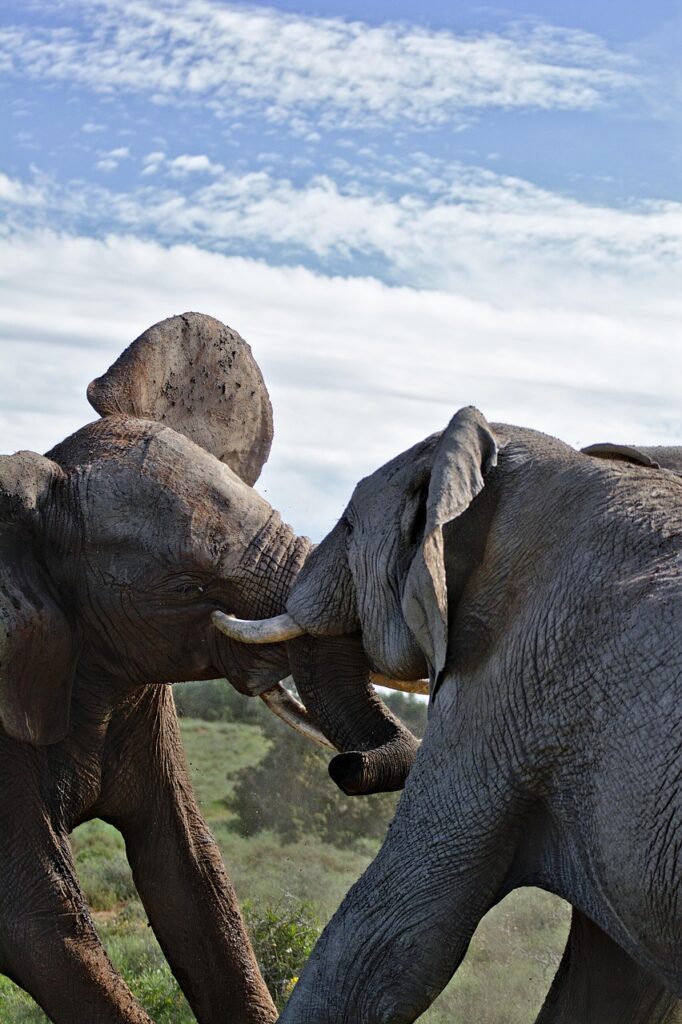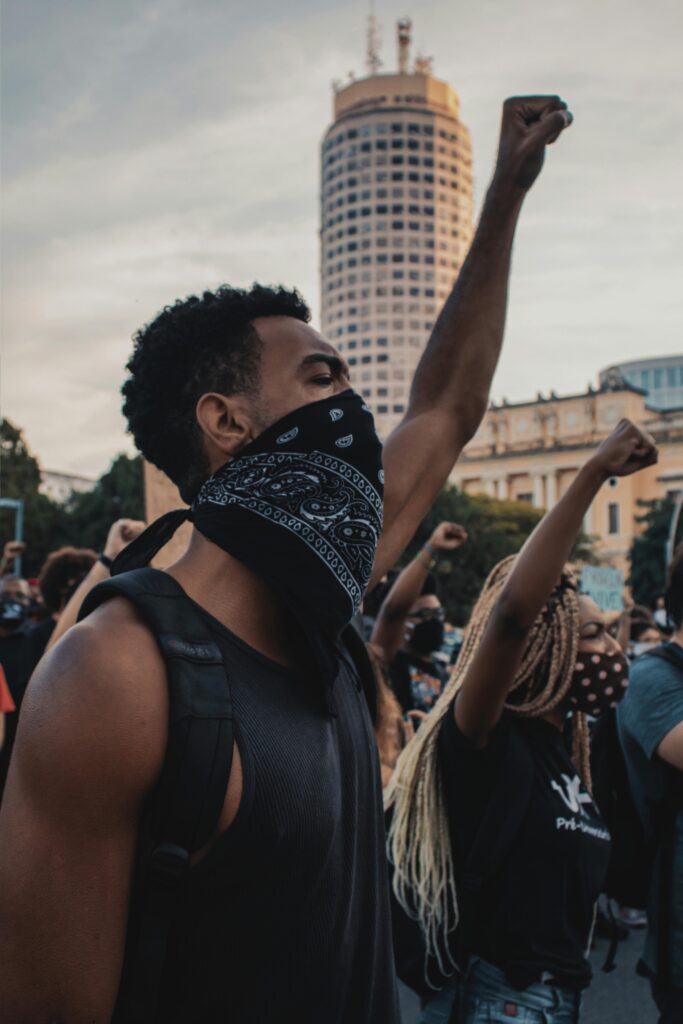Two strong elephants, each controlling their region, engaged in a savage rivalry in a broad, rich savannah. While one ruled the western hills, the other wandered the eastern plains.
Both had healthy families, plenty of food, and clearly defined boundaries. However, beneath their stability, a lengthy history of distrust, anxiety, and unresolved tension simmered.
Old wounds, memories of previous conflicts, imagined threats, and symbolic claims to a central area of lush land were the root cause of the fight, rather than a lack. Seasonal rains provided nourishment for this region, which was strategically and emotionally valuable.
Suspicion eventually evolved into animosity, and small-scale provocations culminated in a fatal conflict in which both elephants, despite their power, perished.
This terrible war is a reflection of the actual conflict between Israel and Iran, two countries with strong internal strengths, regional importance, and long histories that are caught in a never-ending cycle of hostility and threats.

Like elephants, both nations have strong institutions, a rich cultural legacy, and strategic alliances that enable them to live and prosper. However, historical animosity, ideological differences, and proxy conflicts fuel a dangerous rivalry. Diplomacy is overshadowed by mistrust, and practical cooperation is frequently overshadowed by symbolism, whether it is over land, influence, or identity. The two elephants’ deaths during their battle serve as a reminder of the pointlessness of war, which is motivated more by pride, fear, and a desire for domination than by need.
Nature serves as a reminder that peace is always possible, even after disaster, as the rains come and the land becomes green once more. Who is wiser is the question, not who is stronger.
The way ahead for disputes like the one between Israel and Iran is through third-party mediation, mutual recognition, and diplomacy.
Open communication, respect for sovereignty, and steps to boost confidence could transform competition into cohabitation. The savannah would have thrived if both elephants had shared its gifts, as the area would have if pride hadn’t prevailed over peace.
Leaders can only eradicate the legacy of warfare by choosing wisdom over battle and vision over retaliation.



